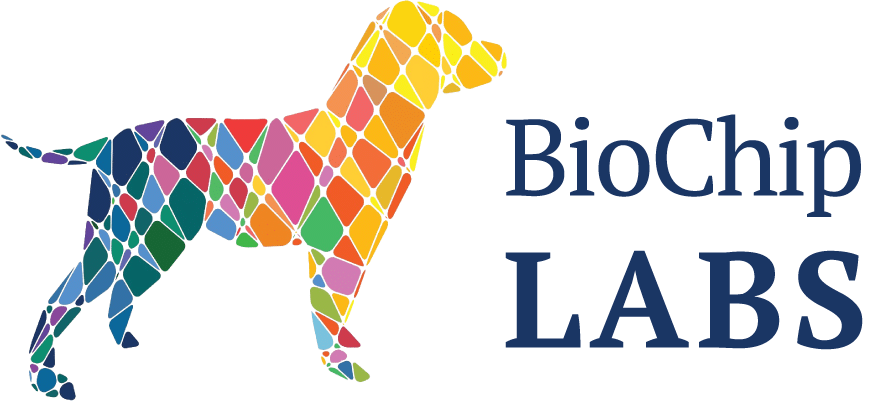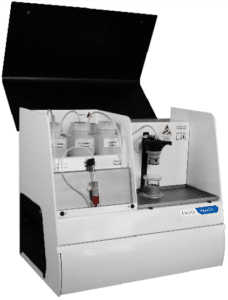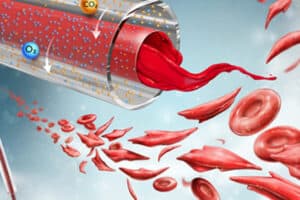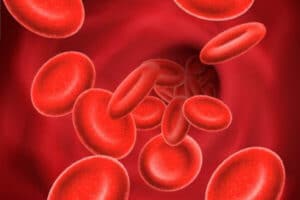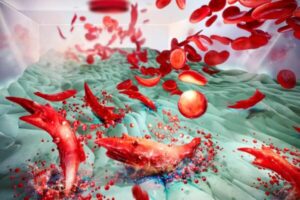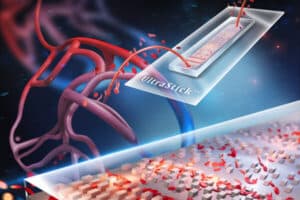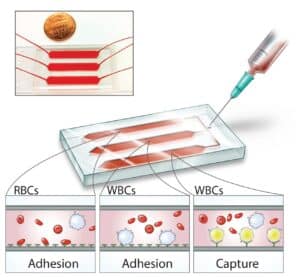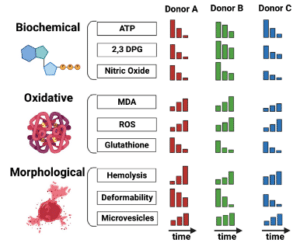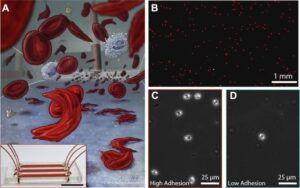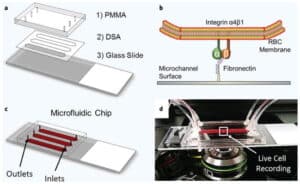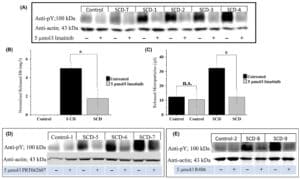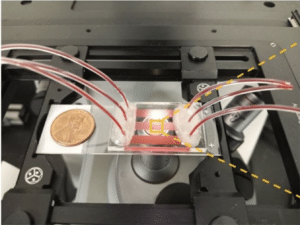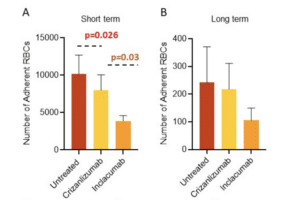Small Business Innovation Research Program Provides Seed Funding for R&D
August 30, 2021
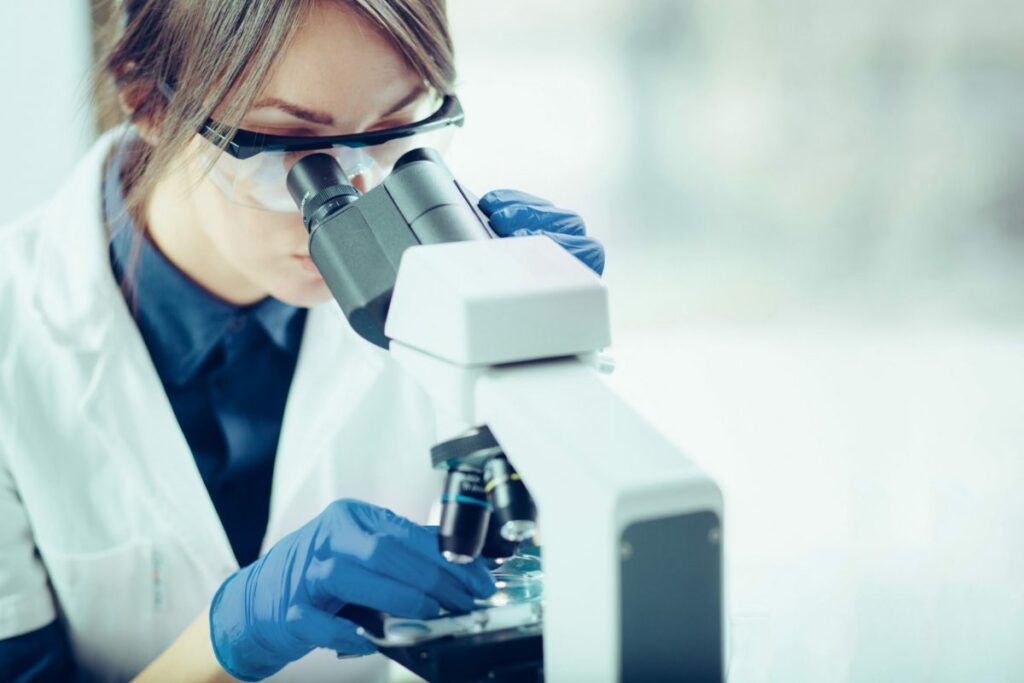
Cleveland, OHIO, 8/18/2021 – BioChip Labs has been awardeda National Science Foundation (NSF) Small Business Technology Transfer (STTR)grantfor $256,000 to conduct research and development (R&D) work onstandardization and optimization of the physiologic fluid flow through its Endothelium-on-a-chip technology, in collaboration with Case Western Reserve University.
This project will mainly focus on developing a standardized and validated microfluidic platform integrated with human endothelial cells for drug assessment studies. Since the traditional in vivo and in vitro techniques that are employed in the preclinical stage of drug development are extremely costly, labor intensive, time-consuming, and can still lead to high failure rates, there is an urgent need for physiologically relevant in vitro assays for preclinical assessment of new drug candidates, particularly in the cardiovascular disease and blood disorders spaces. BioChip Labs’ Endothelium-on-a-chip technology is an endothelialized microfluidic platform that allows for precise control of gas and flow conditions at a size scale equivalent to that of human microvasculature and offer physiologically relevant vascularized environments for a more accurate in vitro drug testing. Integration of the Endothelium-on-a-chip into preclinical drug discovery/screening studies will likely reduce operational costs and lower the failure rate as patient specific testing will be possible. Moreover, the work outlined in the project will significantly help establish the regulatory standards for next-generation microfluidic assays/devices developed for biological specimen analysis.
BioChip Labs is a CLIA-certified laboratory offering accurate and quality testing for blood disorders such as sickle cell disease and thalassemia. BioChip Labs has a large number of proprietary microfluidic biomarker assays, including blood cell adhesion, red blood cell deformability, whole blood rheology, and endothelialized microfluidics. “Our assays can be utilized for screening of drugs in a pre-clinical setting as well as for clinical monitoring of patients in terms of response to therapy.” said John Zak, Chief Executive Officer at BioChip Labs.
Once a small business is awarded a Phase I SBIR/STTR grant (up to $256,000), it becomes eligible to apply for a Phase II (up to $1,000,000). Small businesses with Phase II funding are eligible to receive up to $500,000 in additional matching funds with qualifying third-party investment or sales.
Startups or entrepreneurs who submit a three-page Project Pitch will know within one month if they meet the program’s objectives to support innovative technologies that show promise of commercial and/or societal impact and involve a level of technical risk. Small businesses with innovative science and technology solutions, and commercial potential are encouraged to apply. All proposals submitted to the NSF SBIR/STTR program, also known as America’s Seed Fund powered by NSF, undergo a rigorous merit-based review process. To learn more about America’s Seed Fund powered by NSF, visit: https://seedfund.nsf.gov/
About the National Science Foundation’s Small Business Programs: America’s Seed Fund powered by NSF awards $200 million annually to startups and small businesses, transforming scientific discovery into products and services with commercial and societal impact. Startups working across almost all areas of science and technology can receive up to $2 million to support research and development (R&D), helping de-risk technology for commercial success. America’s Seed Fund is congressionally mandated through the Small Business Innovation Research (SBIR) program. The NSF is an independent federal agency with a budget of about $8.5 billion that supports fundamental research and education across all fields of science and engineering.
